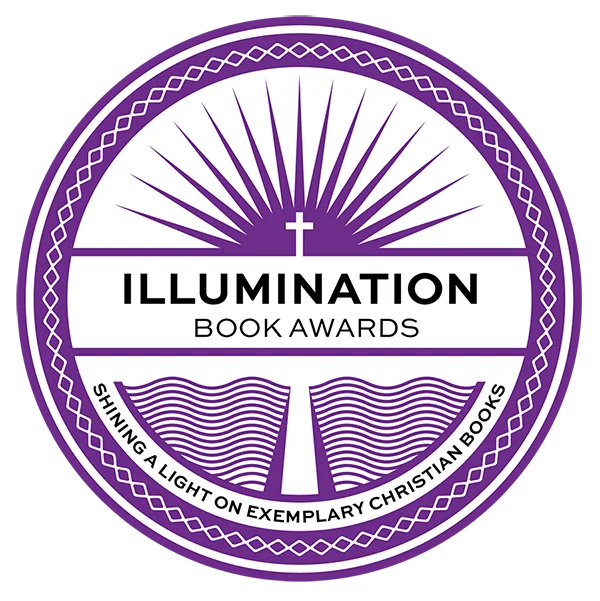
Writing a book is a journey of faith, creativity, and perseverance. But the work doesn’t stop once your manuscript is complete. Sharing your message, growing your audience, and keeping readers engaged requires a thoughtful strategy—and one of the most effective tools for this is email marketing.
Email allows you to connect directly with your audience in a meaningful, authentic way. Beyond promoting a book launch, it’s a powerful tool for ongoing communication, ministry, and relationship-building with readers.
Here’s how Christian authors can use email marketing to inspire, engage, and grow their audience:
1. Build a Faith-Focused Email List
Start by cultivating a list of readers who genuinely want to hear from you.
Subscribers who opt in willingly are more likely to engage, share your content, and support your ministry. Then, consider offering a free devotional, chapter preview, or downloadable guide tied to your book’s theme to increase engagement.
2. Craft Meaningful Content
Your emails should reflect your voice, values, and mission.
Consider sharing behind-the-scenes stories, personal reflections, scripture-based insights, or encouragement from your writing journey. Each email is an opportunity to inspire and connect with your readers in a way that feels authentic.
3. Plan and Schedule Consistent Content
Consistency is key to staying top-of-mind with your readers. Whether you send emails monthly, weekly, or quarterly, create a content calendar that aligns with your audience’s needs and interests. Here are a few content ideas:
-
Launch campaigns for new books
-
Holiday or seasonal devotionals
-
Ministry updates or event announcements
-
Reader resources, such as study guides or reflection questions
Regular, high-value content keeps readers engaged, encourages loyalty, and ensures your message continues to inspire long after your initial launch.
4. Use Compelling Calls-to-Action
Encourage readers to take meaningful steps, whether it’s pre-ordering a book, sharing a devotional with a friend, leaving a review, or attending an event. Make sure your CTAs are clear, actionable, and aligned with your message of faith and inspiration.
5. Segment and Personalize
If your audience includes church members, fellow writers, or ministry partners, consider segmenting your list so you can tailor messages to each group. Personalized emails feel more genuine, which will help foster stronger connections with your readers.
6. Measure and Adjust
Don’t forget to track open rates, click-through rates, and subscriber engagement. These insights can help refine your content, timing, and approach. Over time, you’ll discover what resonates most with your readers and how to grow your audience effectively.
Bringing Your Message to the Inbox
Email marketing isn’t just about selling books; it’s about building relationships, nurturing faith, and sharing your story in a way that reaches hearts. By planning meaningful, consistent content and engaging your audience thoughtfully, you can keep readers inspired, informed, and connected for the long term.
From draft to inbox, your words have the power to make a lasting impact, and email marketing is the tool that helps them reach the right people at the right time.
Let Your Story Reach More Readers
If you’ve written a book that inspires, encourages, or shares God’s truth, entering the Illumination Book Awards can help your message reach an even wider audience. Just as email marketing connects you directly with readers, an award highlights your work, builds credibility, and opens doors to new opportunities for ministry and impact.
Share your story. Touch hearts. Let your message shine—and let others discover it too.




